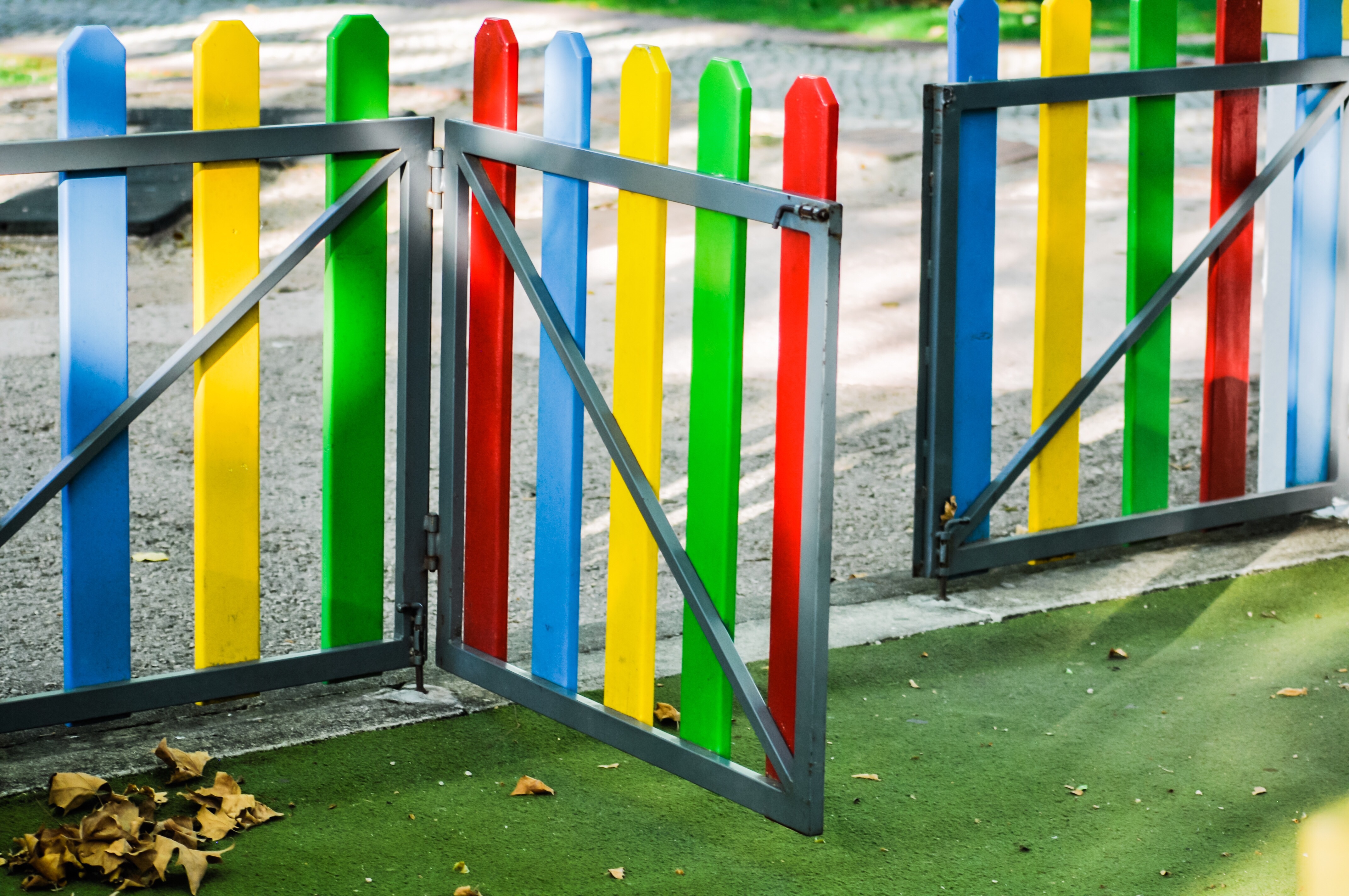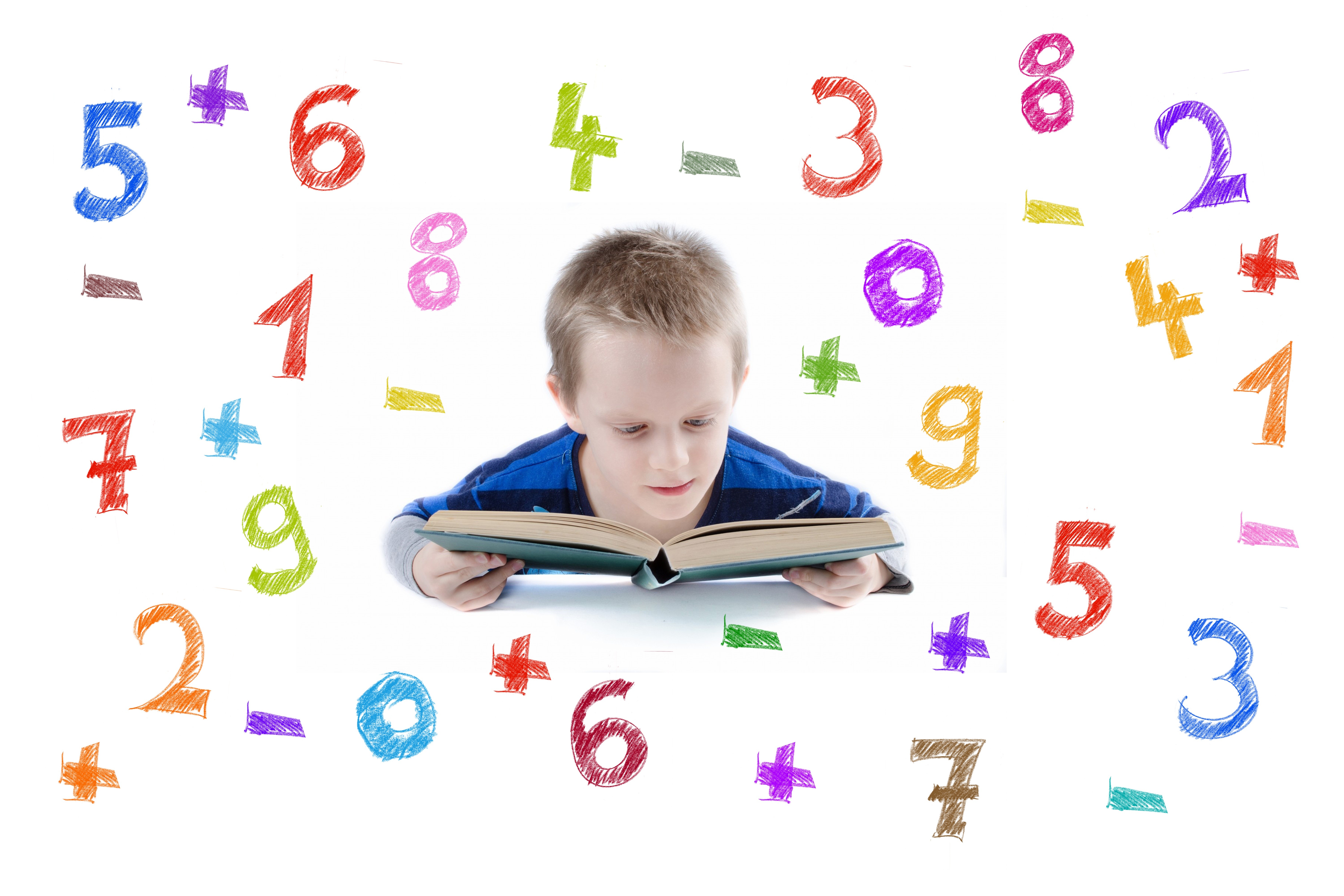 Many providers welcome kindergarteners and other school-age children during summer and as needed when school is closed. While our Fireflies curriculum tackles and reinforces many skills and concepts essential to kindergarten, we felt it important to offer you resources that will support you in extending our curriculum to meet the needs of and challenge the older children in your care.
Many providers welcome kindergarteners and other school-age children during summer and as needed when school is closed. While our Fireflies curriculum tackles and reinforces many skills and concepts essential to kindergarten, we felt it important to offer you resources that will support you in extending our curriculum to meet the needs of and challenge the older children in your care.
Kindergarten is an exciting period for children, families, and teachers. Though commonly believed to be children’s first year of school, it was originally conceived as a year to prepare children socially and emotionally for formal learning. As Heather Biggar Tomlinson writes in Developmentally Appropriate Practice in Early Childhood Programs: Serving Children from Birth through Age 8, “[Kindergarten] teachers have to strike a balance in meeting the needs of children’s varied capacities and aligning curricula with both preschool and first grade.” The following tips for supporting kindergarteners in your care likely mirror your regular practices, but it is helpful to state them plainly:
- Model positive interactions and actively involve children in conflict resolution. Use class meetings to solve problems.
- Create an environment and design activities that allow all children to fully participate. Provide opportunities for children to practice self-help skills.

- Plan activities that allow for partner work, small-group work, and whole-group interactions. Be sure your schedule includes time for movement and rest.
- Implement learning centers. Encourage children’s initiative and independence in these areas. Allow ample time for exploration and offer space for storing projects to which children plan on returning.
- Engage children in reflection often. Discuss their work with them by asking questions. Help children see connections between the work they do across the learning domains. Encourage them to explain their thinking.
These overarching ideas, along with the resources below, will support you in your work with kindergarteners as well as older school-age children. You can find additional content for the learning domains and kindergarten topics by searching “kindergarten” at naeyc.org. Consult your state’s kindergarten standards to learn more about the types of content you should teach and the skills you should assess. Visit the Common Core State Standard Initiative for more information.
Language/Literacy
ReadWriteThink – a searchable database of activities managed by the International Literacy Association and the National Council for Teachers of English
Scholastic Student Activities – view activities for reading, writing, and computer skills by grade
Math
 Erikson Institute Math Collaborative Idea Library – search by grade, topic, and other features to find activities, resources, and support for implementing meaningful math activities
Erikson Institute Math Collaborative Idea Library – search by grade, topic, and other features to find activities, resources, and support for implementing meaningful math activities
National Council of Teachers of Math – click on “Classroom Resources” and then “Monthly Featured Resources” to pull up free activities sorted by age/grade
Science
National Science Teaching Association – click on “Menu” and then “Resources” to search for activities and teaching strategies by topic, lesson, and type
Science Buddies – create a free account to search a database of STEM activities by grade
Social Studies
National Geographic Kids – search the website for content to share, including pictures and videos of places, animals, and insects
PBS Learning Media – search by grade and subject for activities; this resource also includes activities for other subject areas

Social/Emotional
Teaching Tolerance – search for lessons related to social/emotional learning and diversity by grade or topic
Understood – search by topic for activities and articles about social/emotional learning
Dual Language Learners
Colorín Colorado – support, strategies, and resources for working with dual language learners
Reading Rockets – search for activities, strategies, and resources for working with dual language learners
Back to blog listing